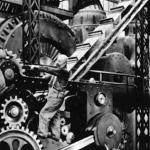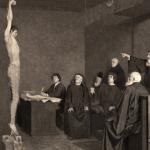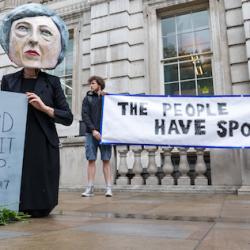Fintan O’Toole highlights the “border issue” that may undo Brexit. He’s referring to “the question of whether a hard customs and immigration border is to be imposed between Northern Ireland and the Irish Republic.”
It’s not merely a technical question of “borders and customs, of tariffs and passports.” It’s fiendishly difficulty because it’s fundamentally “a problem of national identity—how it is to be conceived and expressed, how it is to be given political and institutional form. . . . Ireland has evolved a complex and fluid sense of what it means to have a national identity while England has reverted to a simplistic and static one.”
Ireland’s prime minister, Leo Varadkar, exemplifies the shifts taking place in the country: “He is thirty-eight and in many ways a typical politician of the European center-right. He is also part Indian—his father Ashok is originally from Mumbai. And he is gay. . . . Varadkar leads an Ireland in which over 17 percent of the population was born Elsewhere. The ultraglobalized Irish economy sucks in migrants from all over the world, notably Poland, Romania, the Baltic states, and Nigeria.”
Ireland is no longer defined by a fusion of Catholicism and Irish nationalism. The church’s influence collapsed because of the sex abuse scandal. Ireland is now home to many multinational corporations. Besides, “the search for peace in Northern Ireland forced a dramatic rethinking of ideas about identity, sovereignty, and nationality.”
O’Toole sees the border between Northern Ireland and the Republic as a border between different conceptions of nationhood: “Things that nation-states do not like — ambiguity, contingency, multiplicity — would have to be lived with and perhaps even embraced. Irish people, for the most part, have come to terms with this necessity. The English, as the Brexit referendum suggested, have not. This is why the Irish border has such profound implications for Brexit — it is a physical token of a mental frontier that divides not just territories but ideas of what a national identity means in the twenty-first century.”












